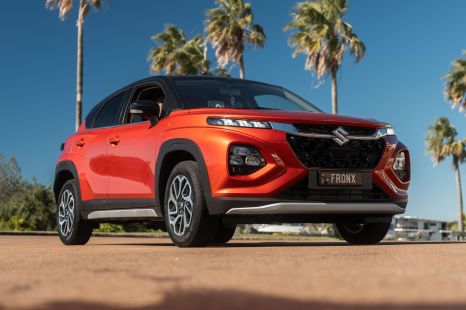

William Stopford
3 Days Ago

Marketplace Journalist
Skoda is reportedly in talks with SAIC Motor, owner of brands such as MG and LDV, to borrow technology for upcoming plug-in hybrid models intended for sale in the Chinese market.
The Volkswagen Group marque is the latest Western brand to seek Chinese help on its future products, and follows stablemates Audi and Volkswagen, which last year made deals with SAIC and Xpeng, respectively.
Chinese outlet Autohome reports Skoda wants to use SAIC’s new DMH Super Hybrid Technology to launch Chinese PHEV models that better suit the needs of the local market.
Its Volkswagen Group parent has had a long-running partnership with SAIC to sell Volkswagen, Audi, and Skoda cars in China. The SAIC-Volkswagen joint venture has been in operation since 1984.
100s of new car deals are available through CarExpert right now. Get the experts on your side and score a great deal. Browse now.
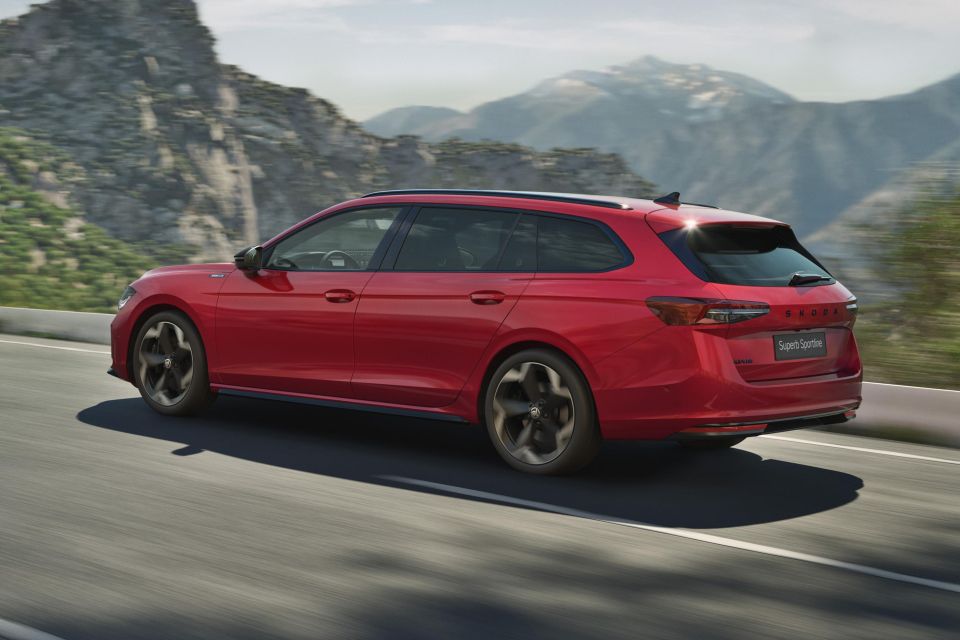
The news comes amid slow Skoda sales in China. Its local lineup consists of the Superb, Octavia, Karoq, Kodiaq, and Kodiaq GT, and from its sales peak of 352,000 units in 2018, the brand slipped to 44,062 units by 2022.
Its sales slump reportedly led Skoda CEO Klaus Zellmer to consider pulling out of the Chinese market in 2022, though Autohome reports no final decision has been made and the brand continues to maintain “continuous and constructive dialogue” with SAIC-Volkswagen.
While Skoda currently sells PHEV versions of its Superb and Kodiaq in Europe with Volkswagen Group powertrains, there are no such options currently available for China.
SAIC’s DMH system, which can be found in the Roewe D5X and D7, pairs either a naturally aspirated or turbocharged 1.5-litre four-cylinder engine with an electric motor.
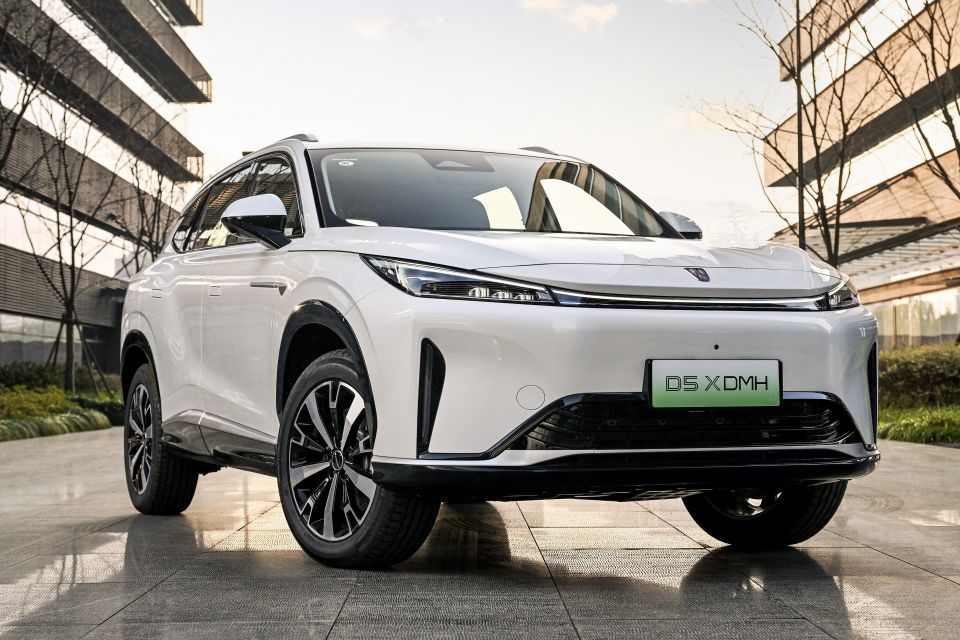
In the Roewe D5X, a 21.4kWh battery results in claimed electric range of 135km under the CLTC cycle, and a total combined range of 1300km.
The D5X is the PHEV version of the non-hybrid Roewe RX5, which has just landed in Australia with unique front-end styling as the second-generation MG HS.
A PHEV version is due here next year.
Skoda’s talks with SAIC follow similar talks by the Volkswagen brand, who paired up with Xpeng in 2023 to jointly design two “fully connected” electric vehicles (EVs) specifically for the Chinese market.
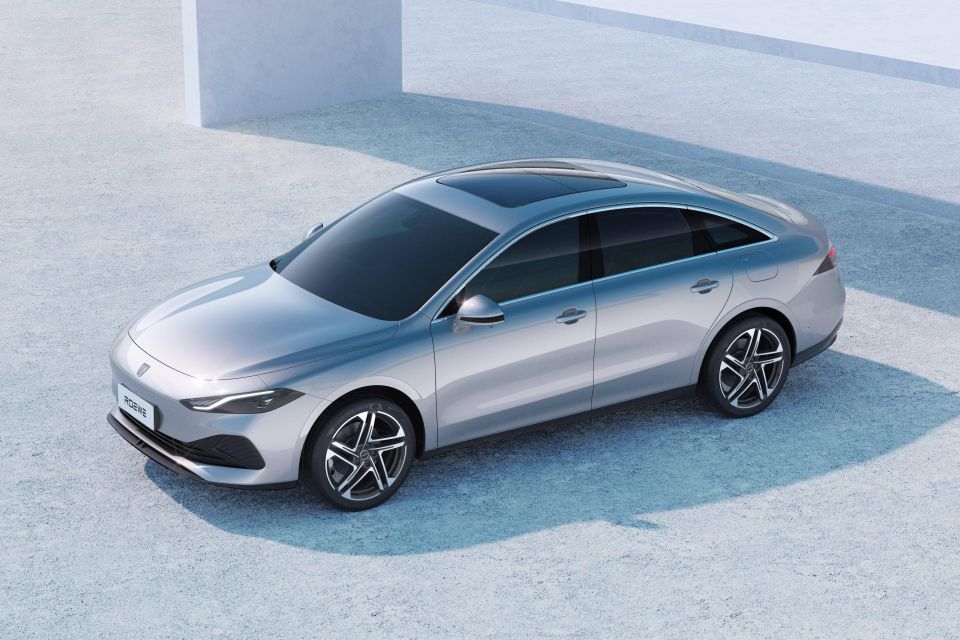
Those two EVs will be mid-size models intended to roll out by early 2026.
Audi also partnered with SAIC in the same month, which will allow the German brand to use an EV platform developed by SAIC luxury sub-brand IM Motors for its upcoming models.
The Chinese market in recent years has seen its domestic brands invest heavily in electrification and become much more competitive and popular, stealing sales from carmakers that hail from elsewhere.
Not only that, but Chinese brands like SAIC have been aggressively expanding their global presence, which has led to the US, Canada and the European Union imposing additional tariffs on Chinese vehicles.
MORE: Audi officially welcomes Chinese partnership MORE: Volkswagen partnering with Chinese company on electric cars
CarExpert does the hard work to get you the best price. No negotiating, no hidden costs, just expert help and real savings on your next new car.
Max Davies is an automotive journalist based in Melbourne, Australia. Max studied journalism at La Trobe University and stepped into the automotive world after graduating in late 2023. He grew up in regional Victoria, and with a passion for everything motorsport is a fan of Fernando Alonso.


William Stopford
3 Days Ago
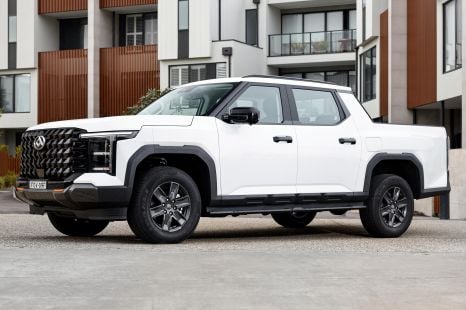

Damion Smy
2 Days Ago
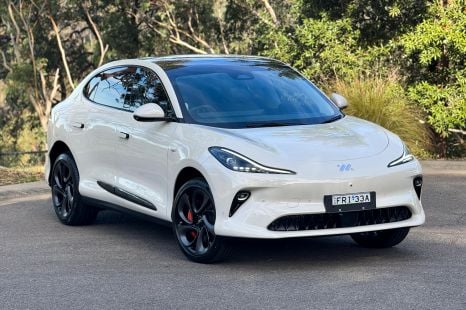

Matt Campbell
11 Hours Ago
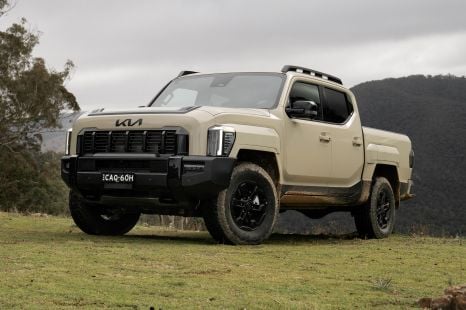

Josh Nevett
8 Hours Ago
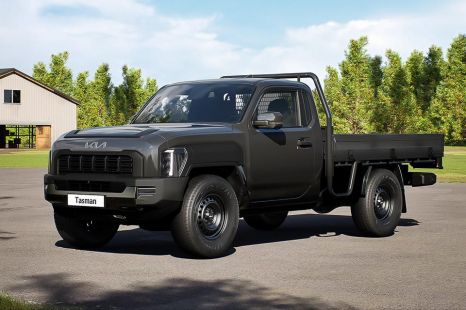

Josh Nevett
8 Hours Ago
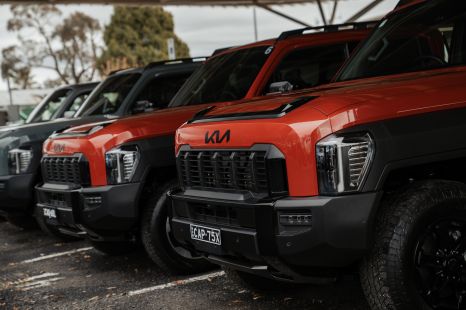

Josh Nevett
8 Hours Ago